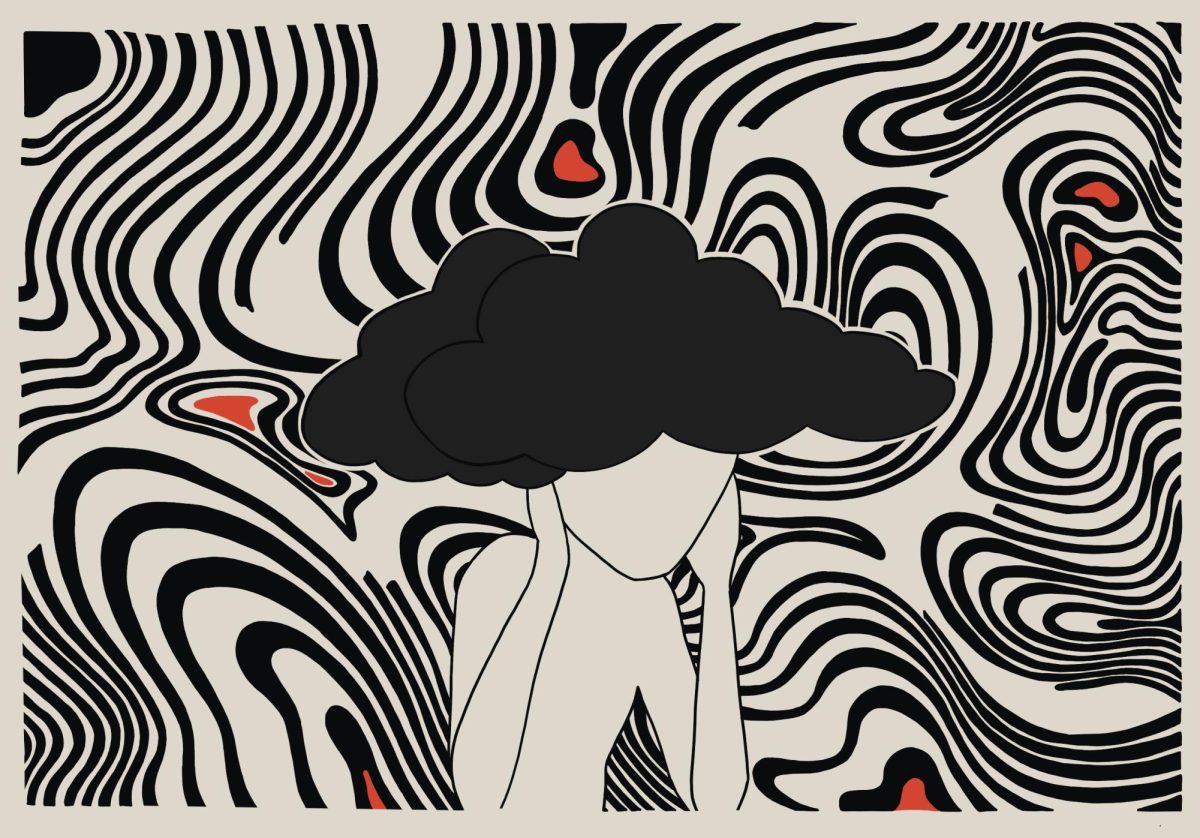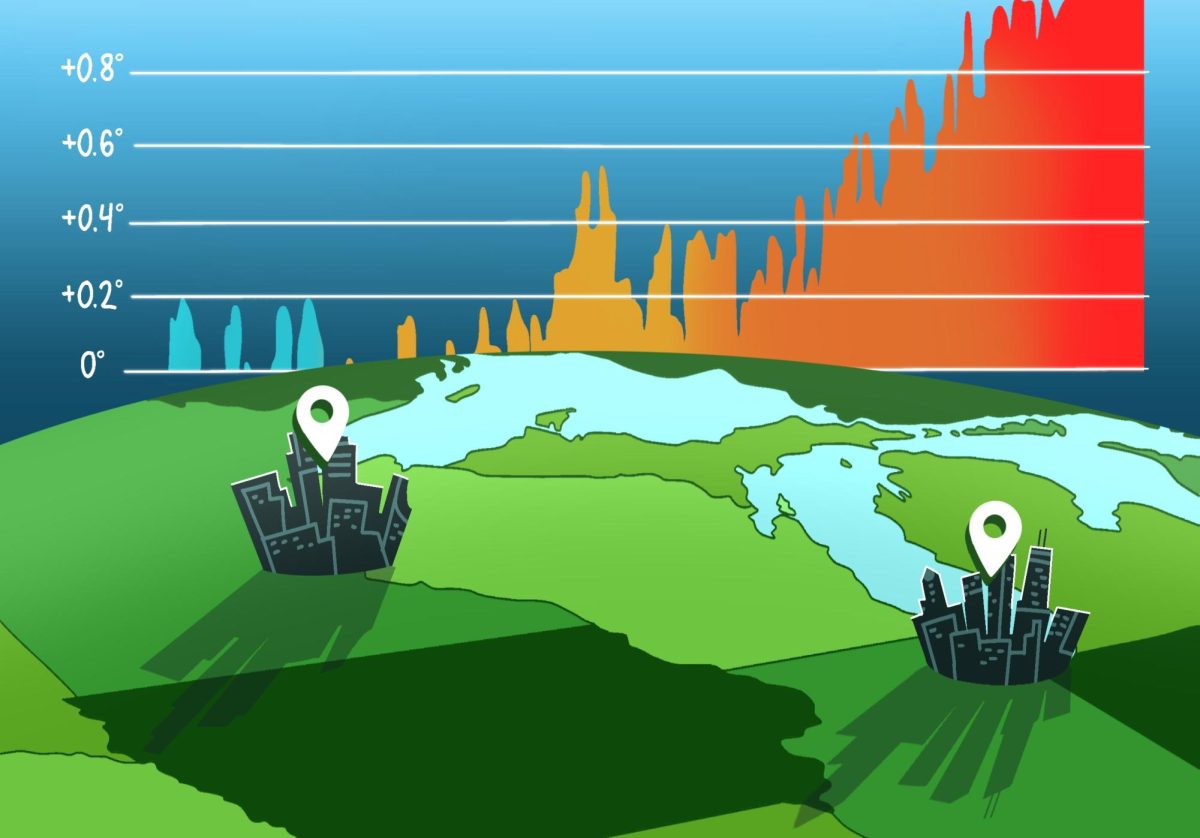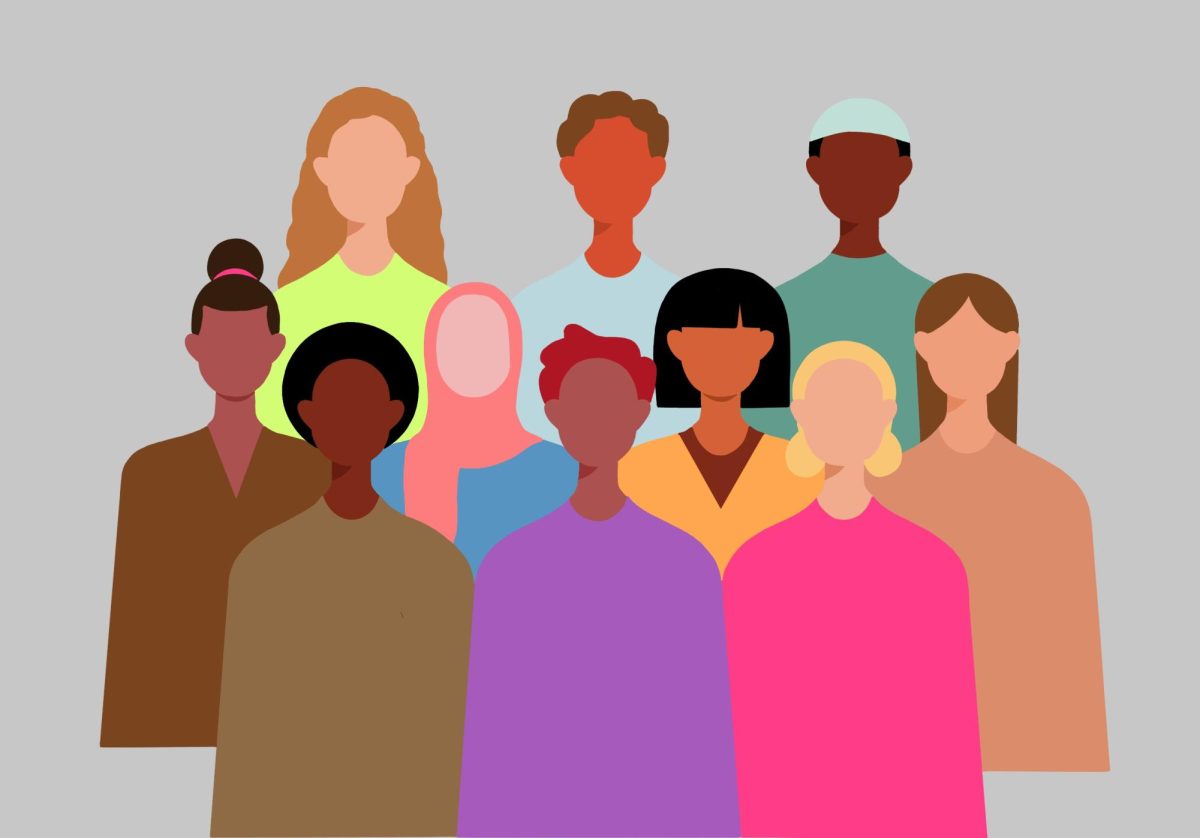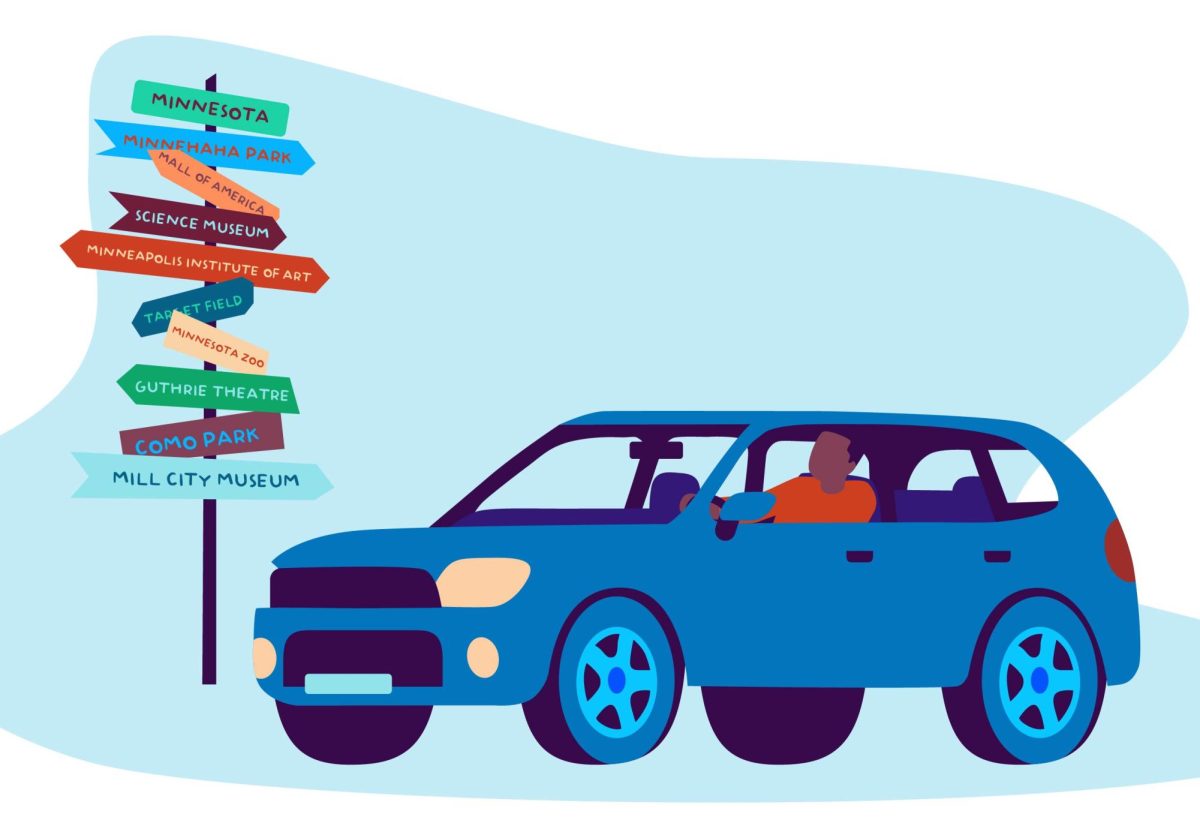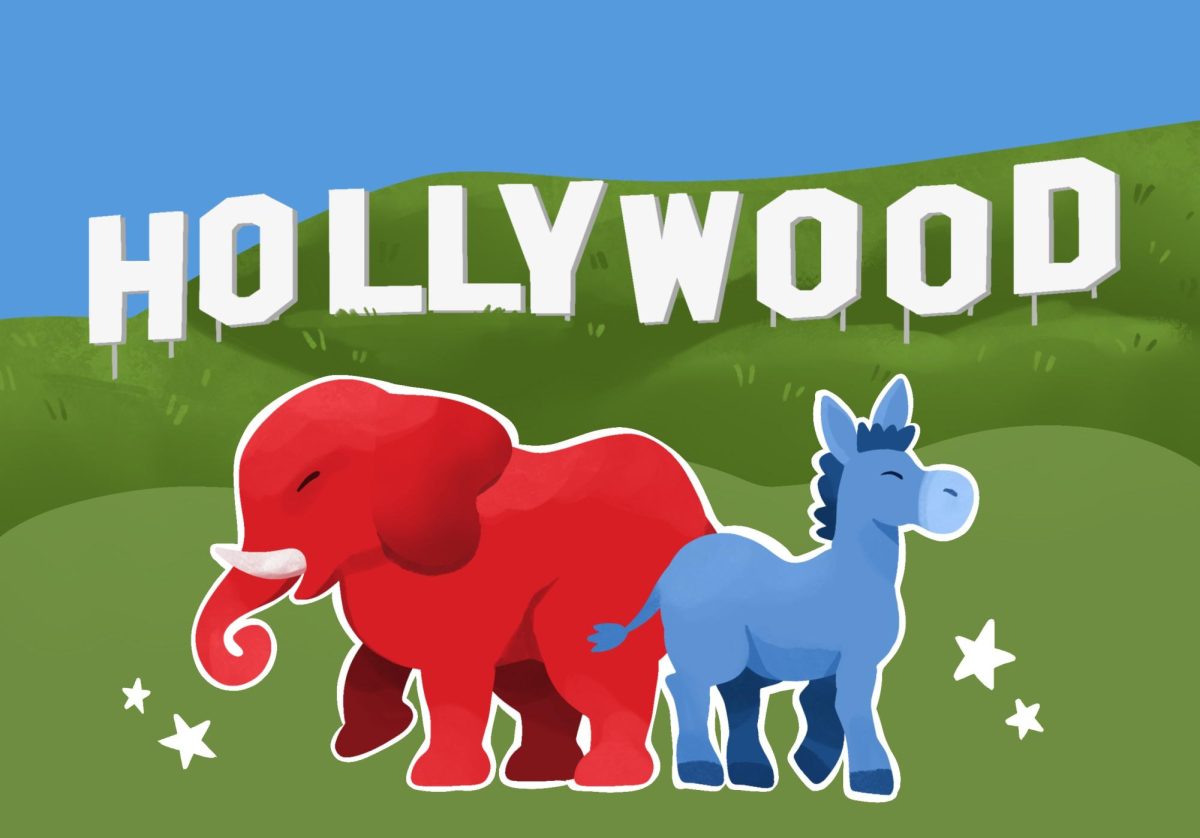Editor’s Note: This story contains themes of depression and suicide.
If there is one consensus among medical professionals, it is to stay off the internet.
With the rise of websites like WebMD, anybody can take on the task of their primary care physicians or specialists and diagnose themselves with countless injuries, conditions and diseases. Doing so threatens to burden the healthcare system with patients flocking to hospitals with exaggerated medical concerns and can raise their personal anxiety, with minor changes in their health easily misinterpreted as something far more severe.
Even my tech-savvy generation, Generation Z (born between 1997-2012 and colloquially known as “zoomers”) has fallen into a similar trap of overexposure to shoddy medical advice, most notably with regard to mental health.
Officially declared a public health crisis in 2021, America’s youth is facing a mental health epidemic. Starting in 2011, the percentage of high school students who reported feelings of ”persistent feelings of sadness or hopelessness during the past year” increased by 50%, with one-in-five students having seriously contemplated suicide.
No matter where you look, the reports concerning the emotional wellness of Gen Z are dire.
Broadly attributed to early exposure to social media, reports constantly harp on the downside of using apps like Snapchat, Instagram, Twitter andTikTok. After the COVID-19 pandemic, those same trends accelerated, leaving behind a nearly uniform public consensus the next generation fights an uphill battle against conditions such as anxiety and depression.
In a moment of apparent clarity Gen Z, more than any other age cohort, perceive social media as having worsened their mental health.
Despite such awareness, our generations still use said platforms more than any generation. Interestingly, many members of Gen Z use the very apps they attribute to worsening their emotional well-being in an attempt to address, of all things, their emotional well-being.
“You can find some very good information, stuff that therapists use, such as certain techniques like distress tolerance we call it, breathing skills, guided imagery, ways to relax you,” said doctor Bruno Perossa, a child and adolescent psychiatrist.
Many social media accounts, most prominently on TikTok, use the succinct medium to offer quick tips to viewers. However, much of the advice given does not come from medical professionals but instead a broader collection of influencers.
“You might have somebody identify themselves on TikTok as a mental health guru, yet they have no training and they’re talking about disorders like dissociative identity disorder, multiple personality disorders,” Perossa said.
When internet personalities break from promoting makeup or workout supplements to offer guidance on serious health problems, obvious concerns arise.
For one, the same overdiagnosis and misdiagnosis problem can occur, where the cache and trust the influencers create with their audience, creates a level of trust and legitimacy that hides the lack of understanding and knowledge they really possess.
“When a celebrity gets online and purports to be and know something, they can get very married to those ideas even though they might be incorrect,” Perossa said.
Even if the content mental wellness “gurus” create is helpful and accurate, the algorithms apps like TikTok use inherently drive users towards questionable, and potentially harmful content.
One study by the Center for Countering Digital Hate showed upon liking a “mental health” related post on TikTok while posing as a 13-year-old, users could get shown suicide-related content within three minutes of using the app.
The youthfulness of TikTok’s base — 60% of Gen Z uses TikTok daily — exposes the generation to these negative forces at a pivotal point in their personal and social development.
“You’re really questioning your identity at the core of who you are and who you are and what you hope to be or what you’re being pressured to be whatever society says,” Perossa said.
Given all of this, why do zoomers, who admit to social media being a driver in their declining mental health, not only continue to use the apps but embrace it as a remedy?
From a cynical and uncharitable perspective, older generations likely see us as screen-addicted infants suffering from proto-Munchausen syndrome, incapable of seeing any world beyond that we keep in our pocket.
However, a time must come when we discontinue the lambasting of social media and come to question why much of Gen Z finds it to be the only place for self-expression and growth.
From an on-the-ground perspective, many zoomers are worn down just from being told they, their friends and their entire generation are anxious and depressed.
Being under the constant microscope of a life-long case study on our mental state makes it hard to intuit anything else but that zoomer’s did something wrong.
In an odd twist of well-meaning fate, the very coverage of zoomer’s mental health –– and the mode by which many diagnose themselves and seek help –– may contribute just as much to our generation’s mental health crisis as social media.
Concurrently, the “bleeds-it-leads” mantra of the news leads to shock-jock coverage of climate change, school shootings, political unrest and the pandemic in a way that leaves little optimism, and if you listen closely, tends to leave the fate of the world in the next generations hands.
Merits of the concerns over social media aside (I am by no means a beachhead for TikTok or Instagram), as zoomers formally enter the world as adults, it is worth reflecting on what led to the state of despair for many.
Taking care of our generation’s mental health is important, but the public coverage matters just as much.
For resources on youth mental health visit Doctor Bruno Perossa’s website: Perossa Psychiatric Practice PLLC. For suicide prevention resources, call or text 988 or chat at 988Lifeline.org.










